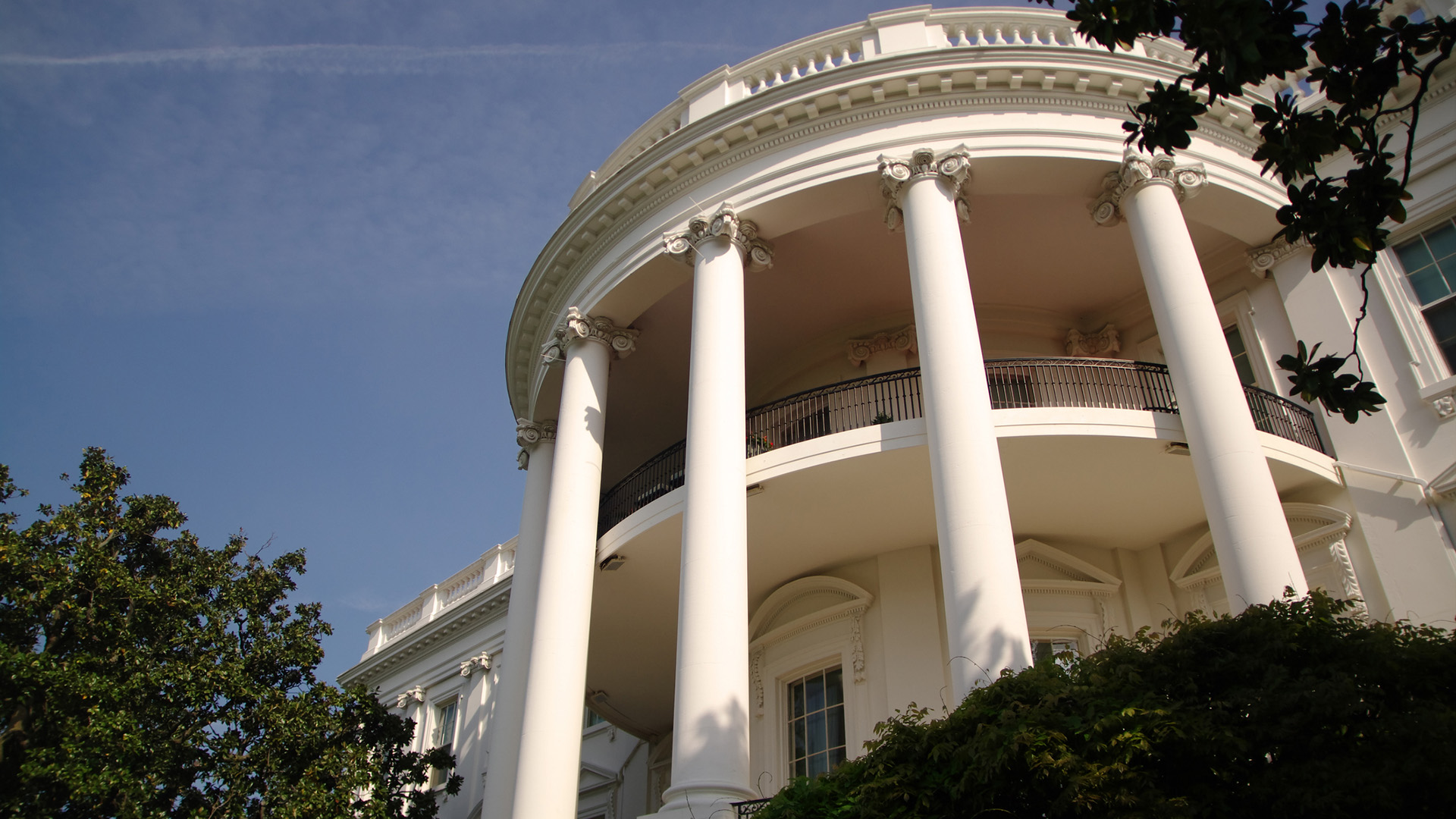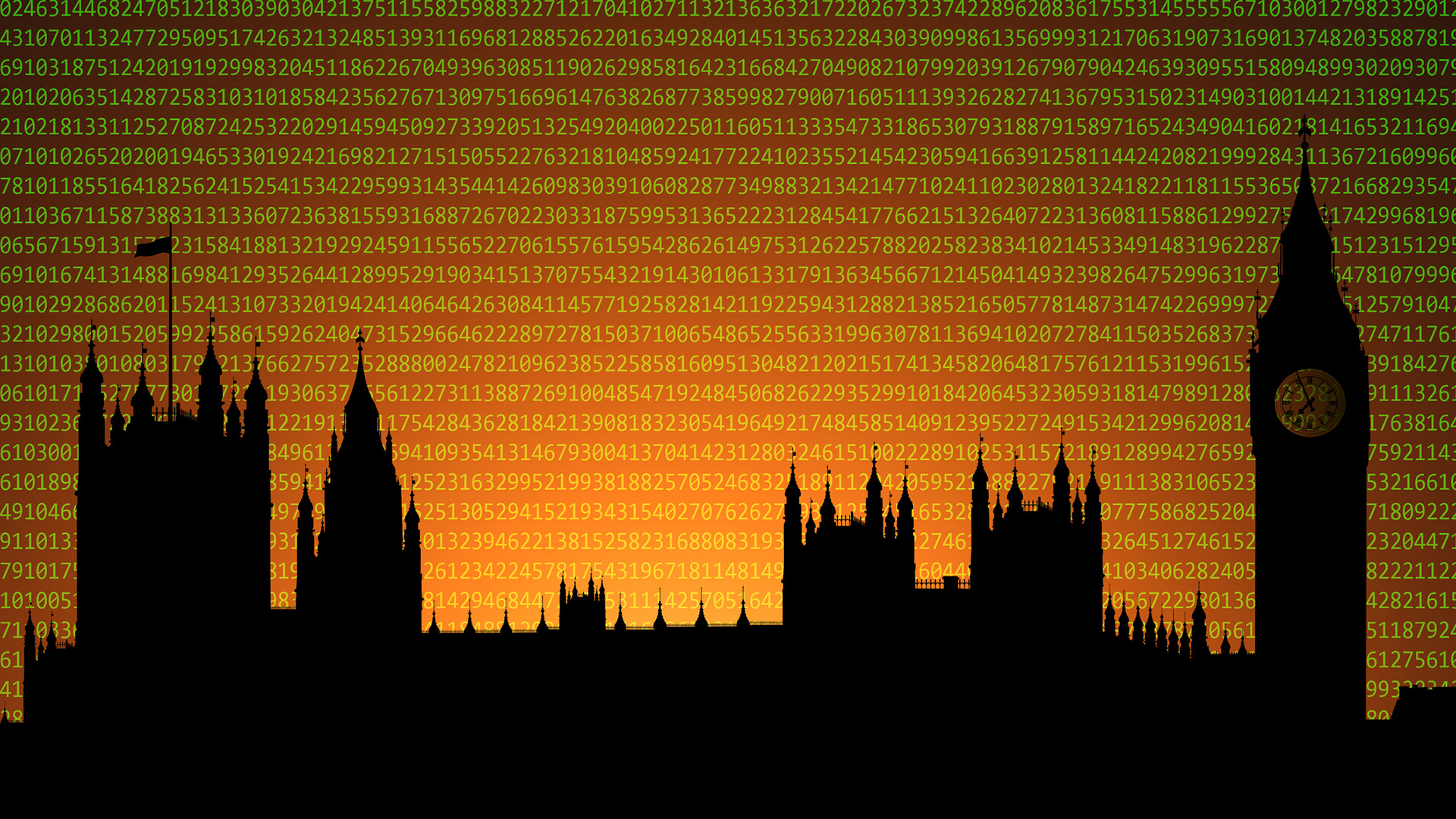ISPs and campaigners slam file sharing law
TalkTalk has said it will 'strongly resist' the proposal to suspend file sharers broadband - and they're not the only ones angry.


Plans to cut off the broadband connections of illegal file sharers have come under fire from industry groups, privacy advocates and even major ISPs.
Yesterday, the government said it was considering forcing internet service providers (ISPs) to shut down the connections of the most prolific file sharers. The move follows rumours of close ties between music industry leaders and current business secretary Peter Mandelson.
But if the music and software industries are happy, they might be the only ones.
TalkTalk "dismayed"
In a blog post, Andrew Heaney, executive director of strategy and regulation at Carphone Warehouse's TalkTalk, said he was "dismayed" by the plans.
"Barely two months after the publication of largely sensible and pragmatic measures to tackle the problem (in the Digital Britain report) Lord Mandelson has, it seems, caved in under pressure from powerful lobbyists in the content industry," he wrote.
Heaney said that TalkTalk supported the existing plans to cut piracy through education, letters to offenders, and taking the worst filesharers to court.
Sign up today and you will receive a free copy of our Future Focus 2025 report - the leading guidance on AI, cybersecurity and other IT challenges as per 700+ senior executives
"Introducing measures such as disconnection at the instigation of the Secretary of State will sidestep proper scrutiny, likely breach fundamental human rights and result in innocent people being disconnected or, worse, prosecuted," he said.
Disconnecting people without going through courts will mean accused file sharers will not be able to see the evidence against them, he explained.
"What's more, they will not work," he added, noting that that clever file sharers will be able to easily conceal their identities, while wifi-hijacking and users with shared accounts could lead to innocent people being cut off.
Heaney said his firm would "strongly resist" plans to introduce such laws, and did not want ISPs to act as the "internet police" or have to pay the costs to do so.
ISPA "disappointed"
The Internet Services Providers' Association (ISPA) echoed TalkTalk's comments, expressing disappointment and concern with the plans.
The ISPA said in a statement that it was "disappointed" by the account cut-off plans. "ISPs and consumer groups consider disconnection of users to be a disproportionate response, a view that was recently supported by the European Parliament."
The body said it was concerned that the Secretary of State would be given too much power. "This would politicise the process and would be a negative step," it said.
Like TalkTalk, the association was also unhappy with the changes to costs, and called on the government to better consult with the ISPs on the issue.
Campaign group concern
The Open Rights Group came out swinging against the plans, too. "Instead of letting the market solve the problems, the government seems intent on heavy-handed intervention, that could include disconnection and other account restrictions," wrote Jim Killock on the group's blog.
"This would be in direct contravention of their own goal of universal broadband access, as well as a curtailment of people's freedom of expression," he added.
He predicted the cut-off law would cause a public backlash. "The result of these proposals is likely to be protest, challenges and public arguments in the run-up to the general election. Popular movements in France, Sweden and elsewhere have kick-started over similar measures."
The Pirate Party is set to run in the next general election on the very issue of file sharing. It said the government had "moved the goalposts" on the new regulations.
"This is a massive announcement that threatens far more people than before, yet it has been hidden away in an update to a consultation document," said Pirate Party leader Andrew Robinson in a blog post.
"Yet again the Government have done exactly what the big media cartel have told them. There is still no hint of a real discussion on the rights and wrongs of file sharing, or that the strong arguments in favour of legislation will be given fair consideration."
Freelance journalist Nicole Kobie first started writing for ITPro in 2007, with bylines in New Scientist, Wired, PC Pro and many more.
Nicole the author of a book about the history of technology, The Long History of the Future.
-
 Westcon-Comstor enters Balkan market with REAL Security acquisition
Westcon-Comstor enters Balkan market with REAL Security acquisitionNews The acquisition gives the distribution giant immediate access to an established partner ecosystem spanning eight Balkan markets
-
 Inside the SME tech revolution: The quiet role of the channel in driving real change
Inside the SME tech revolution: The quiet role of the channel in driving real changeIndustry Insights Why the channel is becoming essential in guiding SME modernization.
-
 Cyber pros say the buck stops with the board when it comes to security failings
Cyber pros say the buck stops with the board when it comes to security failingsNews Fines, sanctions, and even prosecution are all on the table when it comes to cyber failings, practitioners believe
-
 Cleo attack victim list grows as Hertz confirms customer data stolen – and security experts say it won't be the last
Cleo attack victim list grows as Hertz confirms customer data stolen – and security experts say it won't be the lastNews Hertz has confirmed it suffered a data breach as a result of the Cleo zero-day vulnerability in late 2024, with the car rental giant warning that customer data was stolen.
-
 FCC orders telcos to sharpen up security after Salt Typhoon chaos
FCC orders telcos to sharpen up security after Salt Typhoon chaosNews The move follows a devastating attack on US telecoms infrastructure
-
 US eyes 'Cyber Trust Mark' to lock down IoT frailties, but experts worry it doesn’t go far enough
US eyes 'Cyber Trust Mark' to lock down IoT frailties, but experts worry it doesn’t go far enoughNews The label is intended to build trust in internet-connected devices
-
 Why the UK's "outdated" cybersecurity legislation needs an urgent refresh
Why the UK's "outdated" cybersecurity legislation needs an urgent refreshNews The bipartisan coalition seeks to update the Computer Misuse Act
-
 Top data security trends
Top data security trendsWhitepaper Must-have tools for your data security toolkit
-
 Conquering technology risk in banking
Conquering technology risk in bankingWhitepaper Five ways leaders can transform technology risk into advantage
-
 Advancing your risk management maturity
Advancing your risk management maturityWhitepaper A roadmap to effective governance and increase resilience
